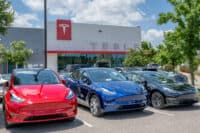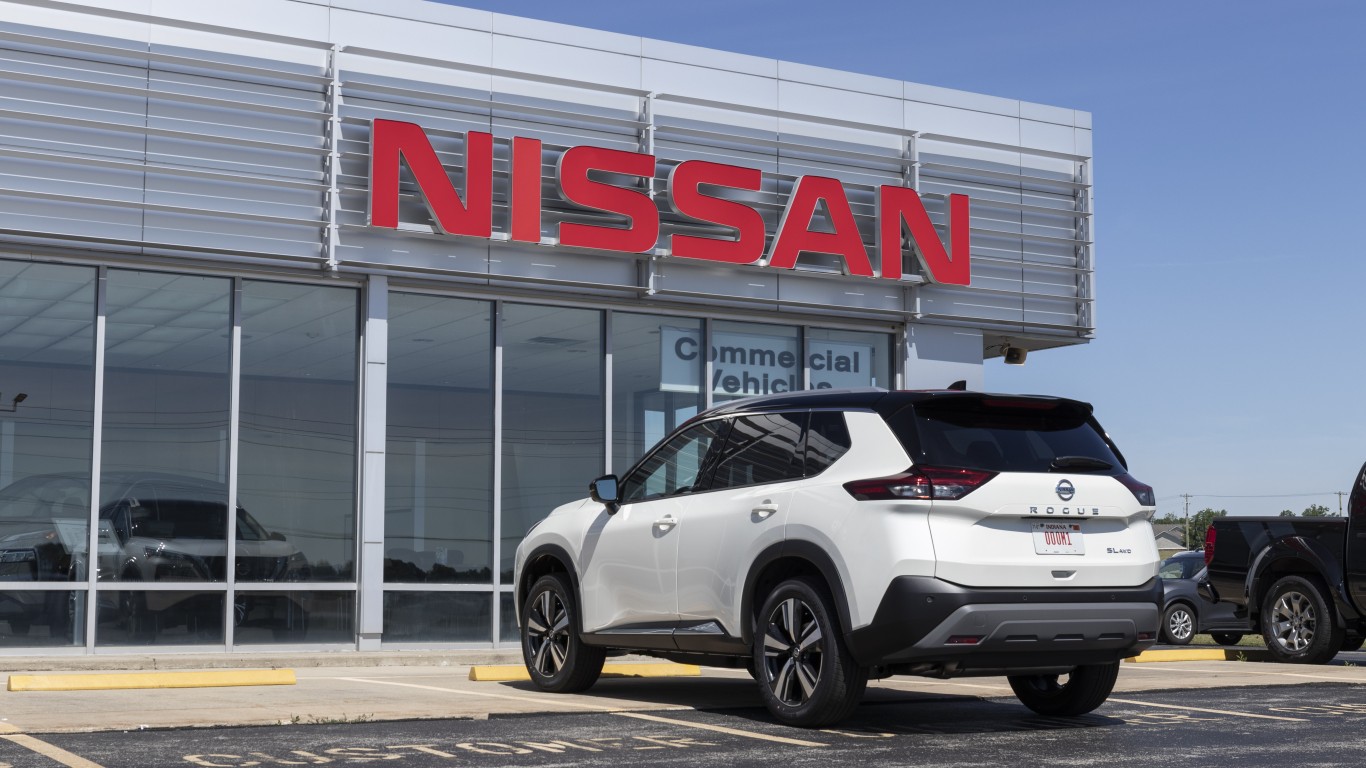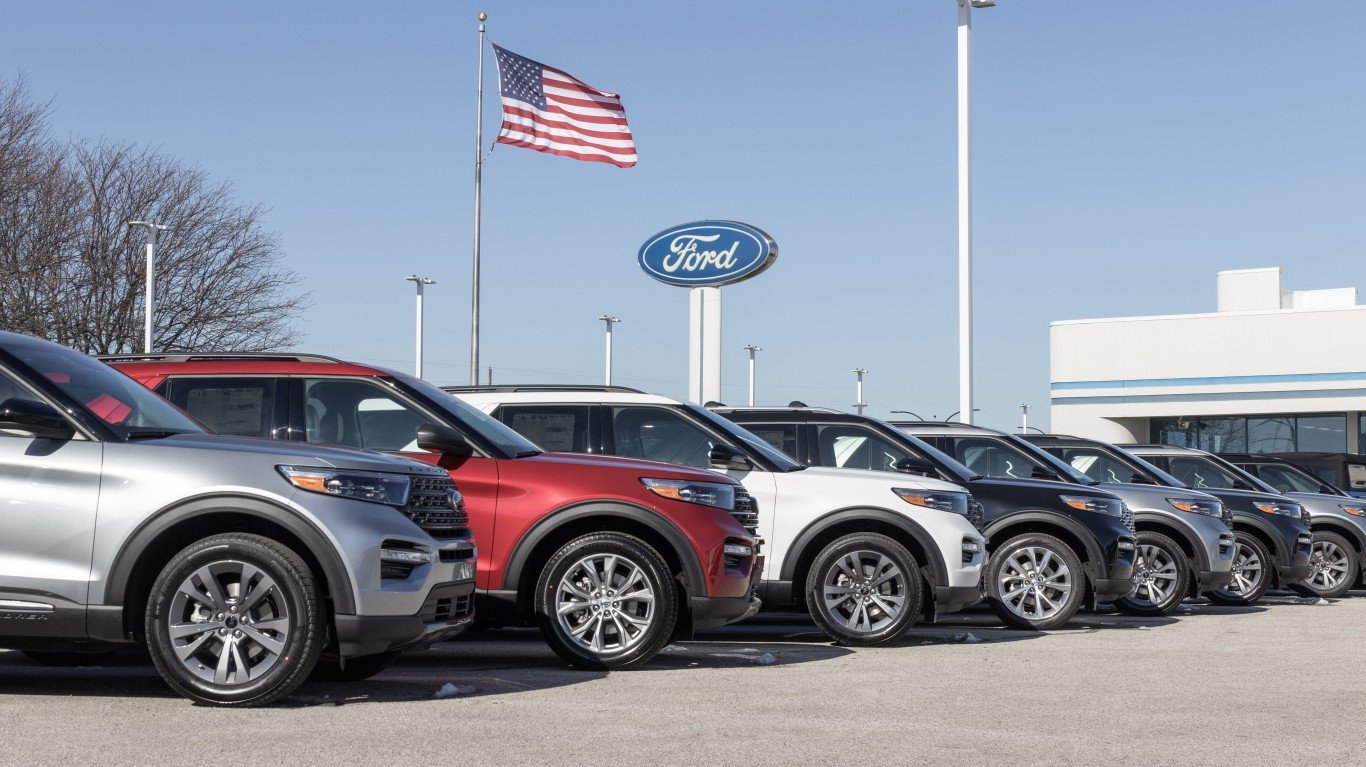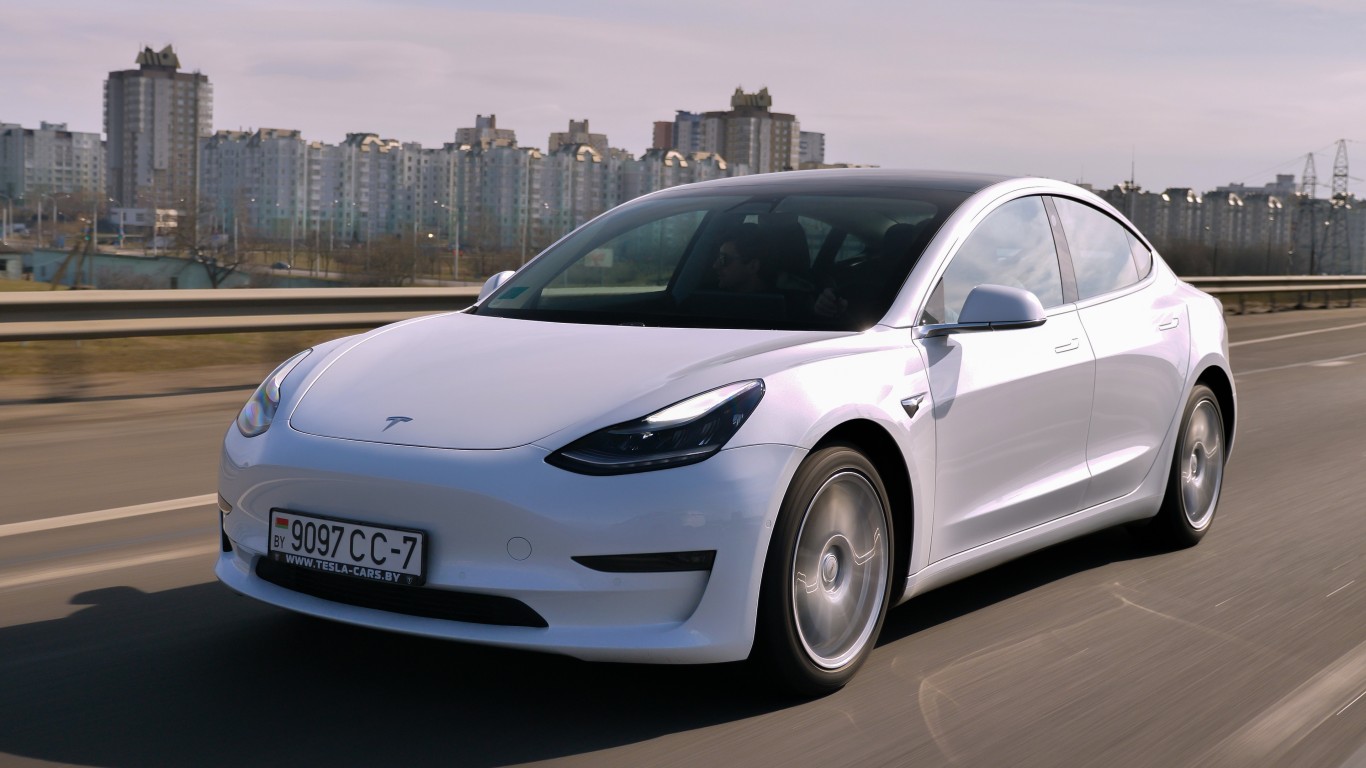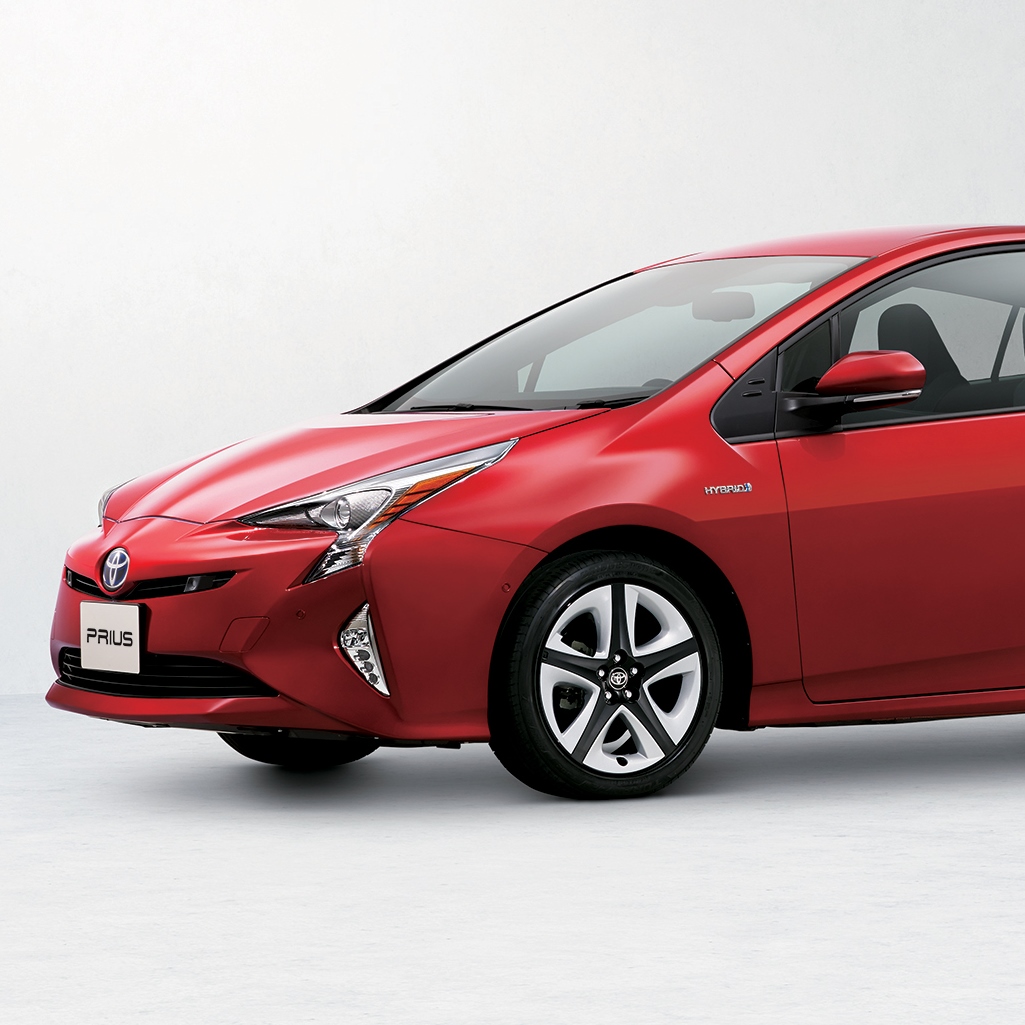

Earth Day seems like an appropriate time not only to look ahead to how we ought to take care of our planet, but to look back and remark on some of the progress that’s been made. In 2010, some 14% of global greenhouse gas emissions were attributed to transportation, where 95% of the energy was produced from petroleum-based fuels.
In the United States, emissions declined year over year in 2011 and 2012, but increased again in 2013 and 2014 (based on preliminary data from the U.S. Environmental Protection Agency). On the plus side, new cars and light trucks have improved their fuel economy ratings by nearly 13.5% since the end of 2010.
On a wells-to-wheels basis, an all-electric vehicle emits about 2.5 tons of carbon dioxide in a year. Plug-in hybrids and hybrids emit just under 3.2 tons, and gasoline-powered vehicles emit more than 5.5 tons, according to the U.S. Department of Energy’s Alternative Fuels Data Center.
The editors at Kelley Blue Book (KBB) have compiled a list of their favorite 2016 fuel-sippers. Of the 10 cars on the list, nine get at least 40 miles per gallon equivalent of gasoline, and the all-electric vehicles perform better than double that. The MSRP given for each car does not include any federal or state incentives.
Toyota Prius: The hybrid Prius from Toyota Motor Corp. (NYSE: TM) posts city/highway/combined fuel economy of 54/50/52 miles per gallon (mpg). The Prius remains the best-selling hybrid vehicle in the United States. The manufacturer’s suggested retail price (MSRP) for a base model is $25,035 according to KBB.
Chevy Volt: The Chevy Volt from General Motors Co. (NYSE: GM) is a plug-in hybrid that can travel 53 miles on a full charge and an additional 367 miles on its gasoline-powered engine. Combined fuel economy is 42 mpg. The MSRP on a base-model Volt is $33,995.
Tesla Model S: The Model S All-wheel Drive 70D from Tesla Motors Inc. (NASDAQ: TSLA) is an all-electric that is rated for 101/102/10 mpg equivalent. The car’s range is 240 miles on a single charge. KBB’s MSRP for this model is $76,200.
BMW i3: The all-electric i3 is the most efficient car sold in the United States, with a mileage equivalent rating of 137/11/124 and a driving range of 81 miles. The MSRP on a base model is $43,395.
Volkswagen eGolf: VW’s eGolf all-electric vehicle has a range of 83 miles and a mileage equivalent rating of 126/105/116 mpg. MSRP on this one is $29,815.
Kia Soul: The all-electric Kia Soul Electric has a range of 93 miles on a single charge and a mileage equivalent rating of 120/92/105 mpg. The Soul e model’s MSRP is $32,800.
BMW i8: BMW’s supercar rockets from 0 to 60 mph in just 4.2 seconds and, though it is a plug-in hybrid, can be driven on just electric power for a short distance. The electric-only range is 14 miles and the combined mpg equivalent rating is 28. The MSRP is $141,695.
Toyota Mirai: The Mirai is powered by a hydrogen fuel-cell and can travel 312 miles between refills. The combined mileage rating for the car is 67 mpg equivalent. KBB shows an MSRP of $58,335.
Toyota Camry: Toyota’s third entry on the list is the Camry Hybrid, which sports a mileage rating of 43/39/41 mpg. The Hybrid LE has an MSRP of $27,625.
Ford Focus: Ford Motor Co. (NYSE: F) puts its Focus Electric on the list with a mileage rating of 110/99/105 and a range of 76 miles. KBB lists an MSRP on this car of $30,045.
Essential Tips for Investing: Sponsored
A financial advisor can help you understand the advantages and disadvantages of investment properties. Finding a qualified financial advisor doesn’t have to be hard. SmartAsset’s free tool matches you with up to three financial advisors who serve your area, and you can interview your advisor matches at no cost to decide which one is right for you. If you’re ready to find an advisor who can help you achieve your financial goals, get started now.
Investing in real estate can diversify your portfolio. But expanding your horizons may add additional costs. If you’re an investor looking to minimize expenses, consider checking out online brokerages. They often offer low investment fees, helping you maximize your profit.
Thank you for reading! Have some feedback for us?
Contact the 24/7 Wall St. editorial team.
